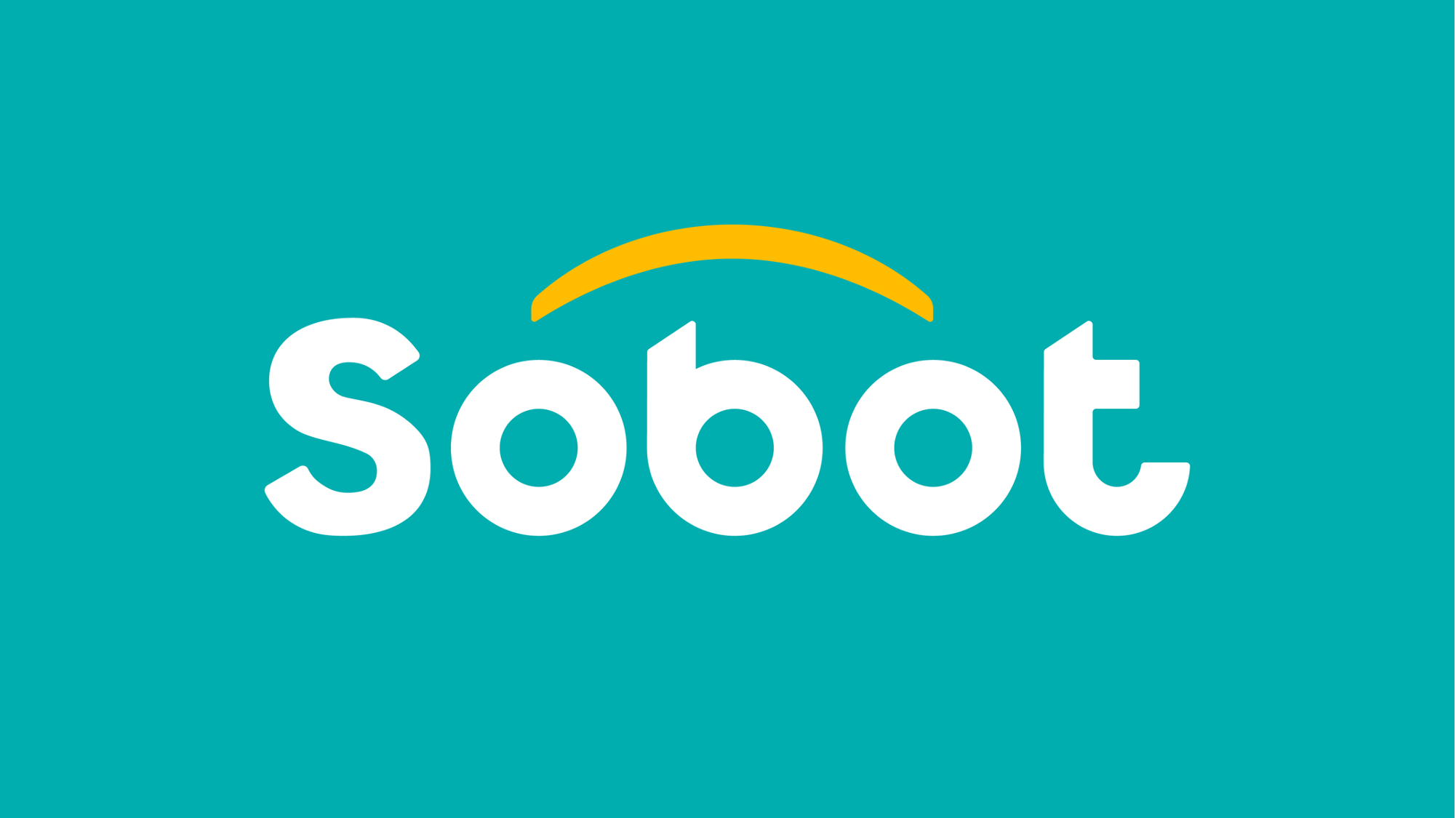In today’s fast-paced business environment, maintaining excellent customer service while managing high volumes of inquiries can be challenging. This is where call center software becomes indispensable. Designed to streamline communication, increase agent productivity, and enhance customer satisfaction, this technology is now a cornerstone of many support teams. But what exactly can call center software do? Let’s explore its core capabilities.
- Omnichannel Communication
Modern call center software enables omnichannel support, integrating voice, email, live chat, SMS, and even social media platforms into a single dashboard. This allows agents to respond to customers through their preferred channel without switching systems. Not only does this create a seamless customer experience, but it also reduces response times and prevents missed inquiries.
- Automatic Call Distribution (ACD)
One of the most essential features of call center software is Automatic Call Distribution. ACD routes incoming calls to the most suitable agent based on predefined rules such as skill level, language, or availability. This ensures that customers are connected to the right person quickly, improving first-contact resolution and minimizing wait times.
- Interactive Voice Response (IVR)
IVR systems guide callers through a menu using voice prompts or keypad inputs. This allows customers to self-serve for basic queries or reach the correct department without needing to speak to a live agent. When integrated properly, IVR systems reduce call volumes and free up agents to focus on more complex issues.
- Real-Time Monitoring and Analytics
One of the standout capabilities of advanced call center software is real-time analytics and performance monitoring. Supervisors can track KPIs such as average handling time, call volumes, customer satisfaction scores, and agent availability. This visibility supports informed decision-making, resource allocation, and ongoing process improvements.
- Call Recording and Quality Assurance
With call recording features, managers can review conversations to assess agent performance, ensure compliance, and identify training needs. Paired with quality assurance tools, this capability helps uphold service standards and maintain a consistent customer experience.
- CRM Integration
Leading call center platforms offer Customer Relationship Management (CRM) integration, allowing agents to access customer profiles, purchase history, and previous interactions instantly. This context enables personalized responses and faster issue resolution, resulting in improved customer satisfaction.
- Workforce Management Tools
Call center software often includes workforce management capabilities such as scheduling, forecasting, and attendance tracking. These tools help managers optimize staffing levels to meet demand while avoiding overstaffing or agent burnout.
- AI and Automation
More advanced solutions incorporate AI-driven features like chatbots, voice bots, and sentiment analysis. These tools can handle routine tasks, detect customer mood, and even suggest appropriate responses to agents in real-time. Automation reduces operational costs while improving both speed and accuracy.

Conclusion
Call center software plays a vital role in enhancing communication, efficiency, and service quality. With features like omnichannel support, real-time analytics, IVR, and CRM integration, these tools empower businesses to meet customer expectations while optimizing internal operations.
If you’re looking for a smart, scalable solution, consider Sobot. Known for its user-friendly interface and powerful automation capabilities, Sobot delivers a comprehensive call center software suite designed to meet the needs of modern support teams. Whether you’re a growing business or an established enterprise, Sobot helps you elevate customer service effortlessly.


